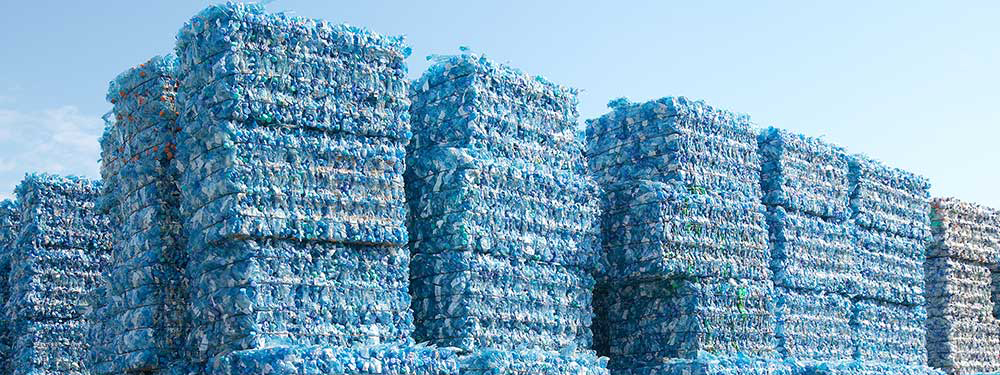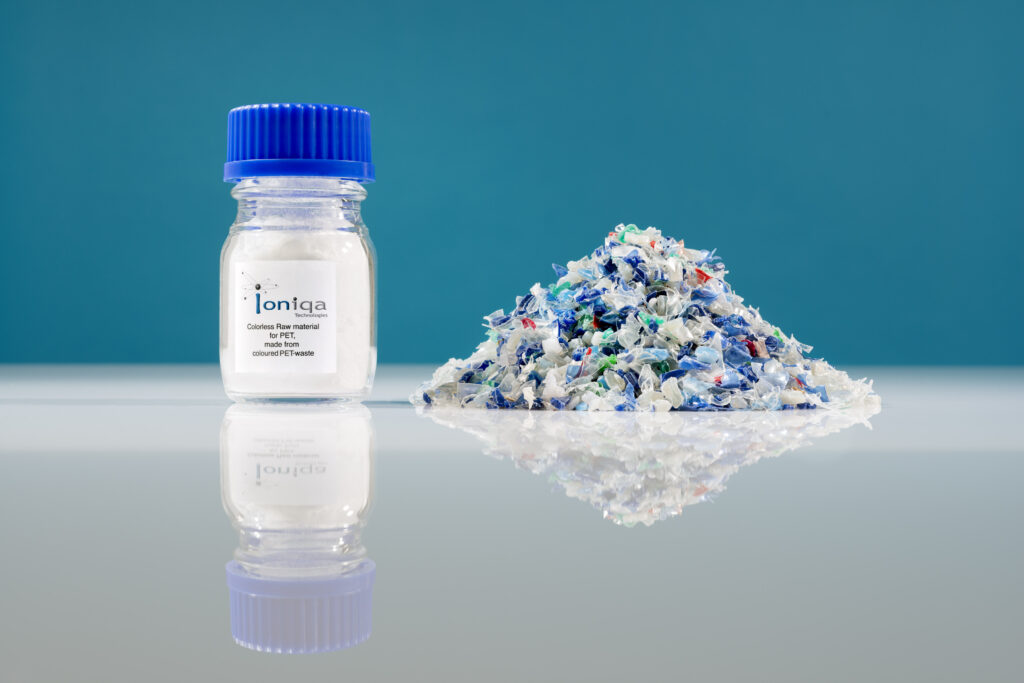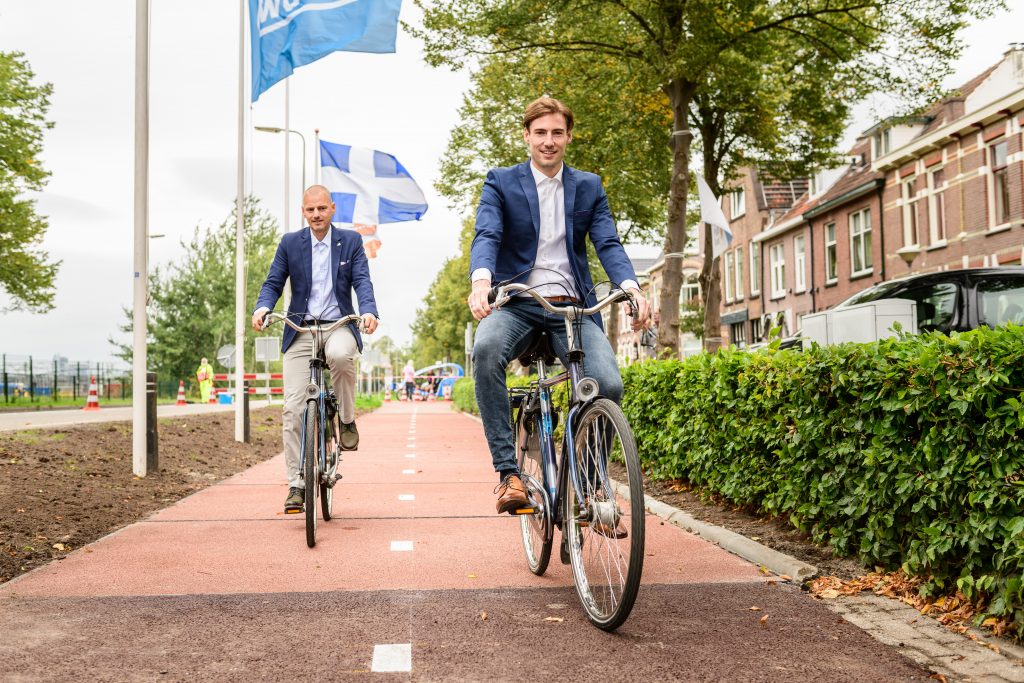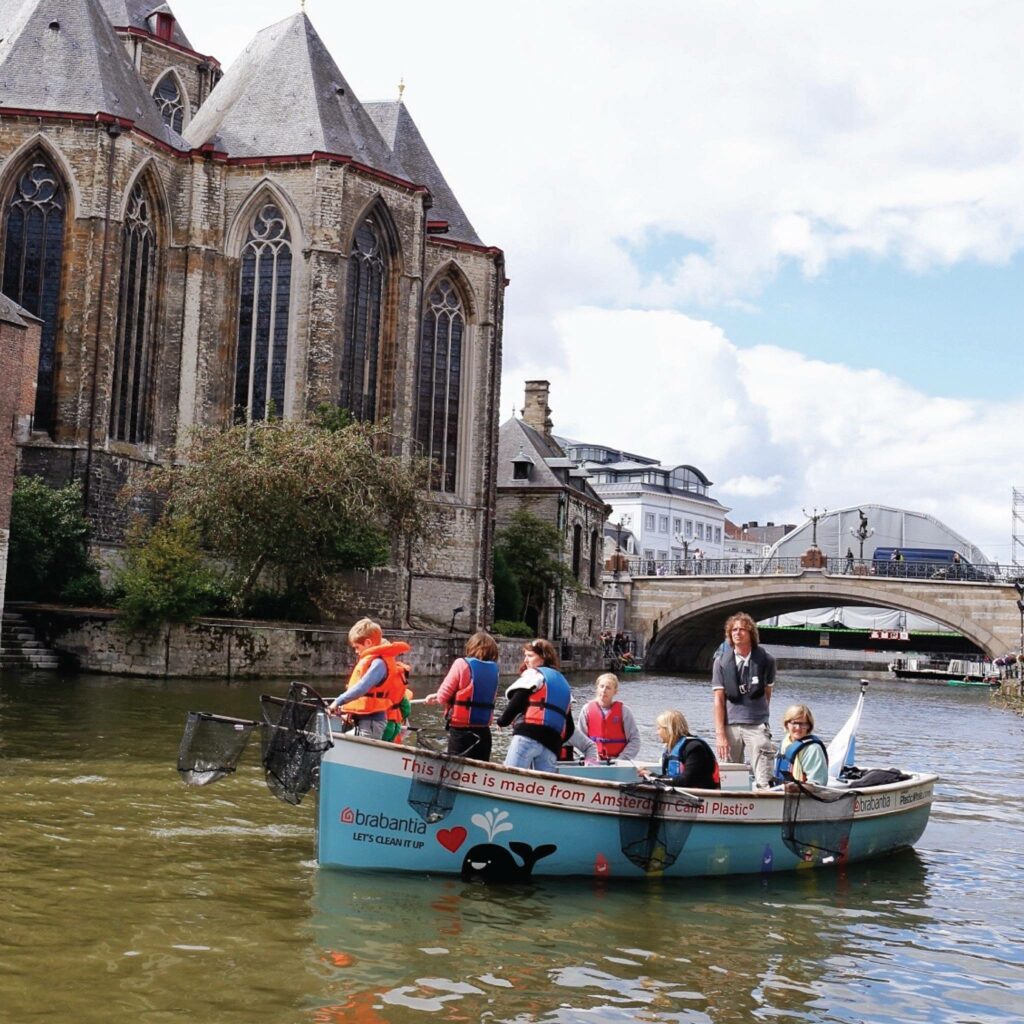Building the new plastics economy together
In just 60 years, we have collectively generated over 6.3 billion tonnes of plastic waste. Almost 80% of this waste has ended up in a landfill or as litter polluting our soil and oceans. What’s more, each week humans ingest a credit card’s worth of microplastics that, according to new research, may cause damage to the body’s immune cells. The time to act is now.
This is why Impact Hub the Netherlands has chosen plastics as a key focus area. For a new plastics economy, we need to rethink and redesign the linear system of plastic production, consumption and disposal. Our collaborative New Plastics Ecosystem leverages the capabilities of all stakeholders, from startups, SMEs and corporates to financiers, nonprofits and policymakers. Together, we support the acceleration of entrepreneurial solutions that eliminate unnecessary single-use plastics, innovate to ensure plastics are reusable or compostable and circulate plastic items to keep them in the economy.
The recycling of plastic waste packaging is essential to a circular plastics economy. According to “Plastic Packaging Waste as Raw Material”, a study commissioned by KIDV and the Ministry of Infrastructure and Water Management, only 51% of plastic packaging was offered for recycling in the Netherlands in 2015. In addition, around 200 kilotonnes of the plastic packaging placed on the market are estimated to end up in residual waste and get incinerated. Worldwide, recycling is much less economically viable: only 14% of all plastic is recycled. And in the Netherlands alone, €700 million worth of plastic waste packaging only generates €5 million sales of recycled plastic each year. So how do we seize the economic opportunities of recyclate and move from a supply-driven market to a demand-driven alternative for plastic recyclate?
In Impact Hub the Netherlands’ vision, the shift to a demand-driven alternative market requires bold entrepreneurial solutions. We are talking about innovations that push the boundaries of technology and design while solving technical challenges such as the sorting of plastic waste streams into mono streams and developing food-grade packaging from recycled plastic. Keep on reading to get inspired by the solutions of Impact Hub members, including alumni of our Plastic Free Ocean Accelerator and our Investment Ready Program for circular enterprises:


Ioniqa | upcycling PET plastic into food-grade packaging
Totalling 40% of the market for plastic recyclate, food, non-food and transport packaging offers substantial opportunities. And one of these key opportunities lies in PET. Ioniqa have developed a circular technology for infinitely recycling PET plastic. This technology enables the conversion of recycled PET and coloured plastics back to raw materials, which is then used to produce high-quality food-grade packaging.
In January 2019, Ioniqa closed a €12 solution investment round, proving the market readiness and scalability potential of their technology; with the support of the Netherlands Enterprise Agency, the National Green Fund and The Coca-Cola Company, Ioniqa recently launched its first PET upcycling plant. To further scale its innovation, which was declared a National Icon by the Dutch government, Ioniqa has partnered with Unilever and Indorama Ventures, the world’s largest PET producer.

Plastic Road | making modular roads from recycled plastic
Construction and infrastructure constitute 20% of the market for plastic recyclate and offer opportunities both in using PE and PP recyclate, but also replacing materials such as wood and concrete.
One solution that combines both possibilities is that of PlasticRoad: lightweight road structures from recycled plastic waste. A project co-developed by construction market leader KWS with Wavin and Total, the PlasticRoad is wholly circular and made of prefab modules, topped with a coating to protect the plastic from wear and tear and thus prevent the leakage of microplastics. 2018, PlasticRoad used as much as 218,000 cups or 500,000 bottle caps worth of recycled PP to pilot two 30-metre cycling paths in Zwolle and Giethoorn. Over the next five years, both pilots will be rigorously monitored to help turn the PlasticRoad concept into a market-ready product.

Plastic Whale | using canal-fished plastic for circular furniture
Plastic Whale launched a plastic ‘fishing’ company in 2014, which has since grown to eleven boats and a yearly average of 40,000 PET bottles collected from the waterways of Amsterdam and Rotterdam. In 2018, Plastic Whale introduced its circular office furniture collection, produced by Vepa and designed by LAMA Concepts. Among its 16 launching partners are the Ministry of Infrastructure and Water Management, Nationale-Nederlanden and DSM Nederland. Plastic Whale Circular Furniture’s high-end boardroom tables, chairs, lamps and acoustic panels contain recycled PET bottles, a mono-stream separated from the plastic waste collected during Plastic Whale’s ‘fishing’ trips. PET bottles are turned into flakes and fibres, which are subsequently made into foam plates and a felt-like material. But it isn’t just furniture that these materials go into; Plastic Whale also builds more boats using the same kind of recycled PET foam plates.

vanPlestik | 3D printing design objects with recycled plastic
The challenges of transitioning to a demand-driven market for plastic recyclate include production lines not adapted to recycled material and a perception of lower quality, respectively. vanPlestik tackles such issues by using its own custom-built 3D printer to create design objects from recyclate. Motivated by the huge amount of plastic waste that gets incinerated instead of recycled and the difficulties in separating such waste into pieces small enough to fit into a typical 3D printer, vanPlestik developed a printer with a bigger nozzle. vanPlestik has repurposed more than 2 tonnes of plastic waste – from festival tokens to bottle caps and phone cases – into flower pots, tables and chairs available at The Maker Store in Amsterdam, modular stools for Fairphone and bins for the City of Amsterdam. The startup is also helping HEMA transition its head office to zero waste by creating, for instance, bins from the HEMA’s own waste streams.